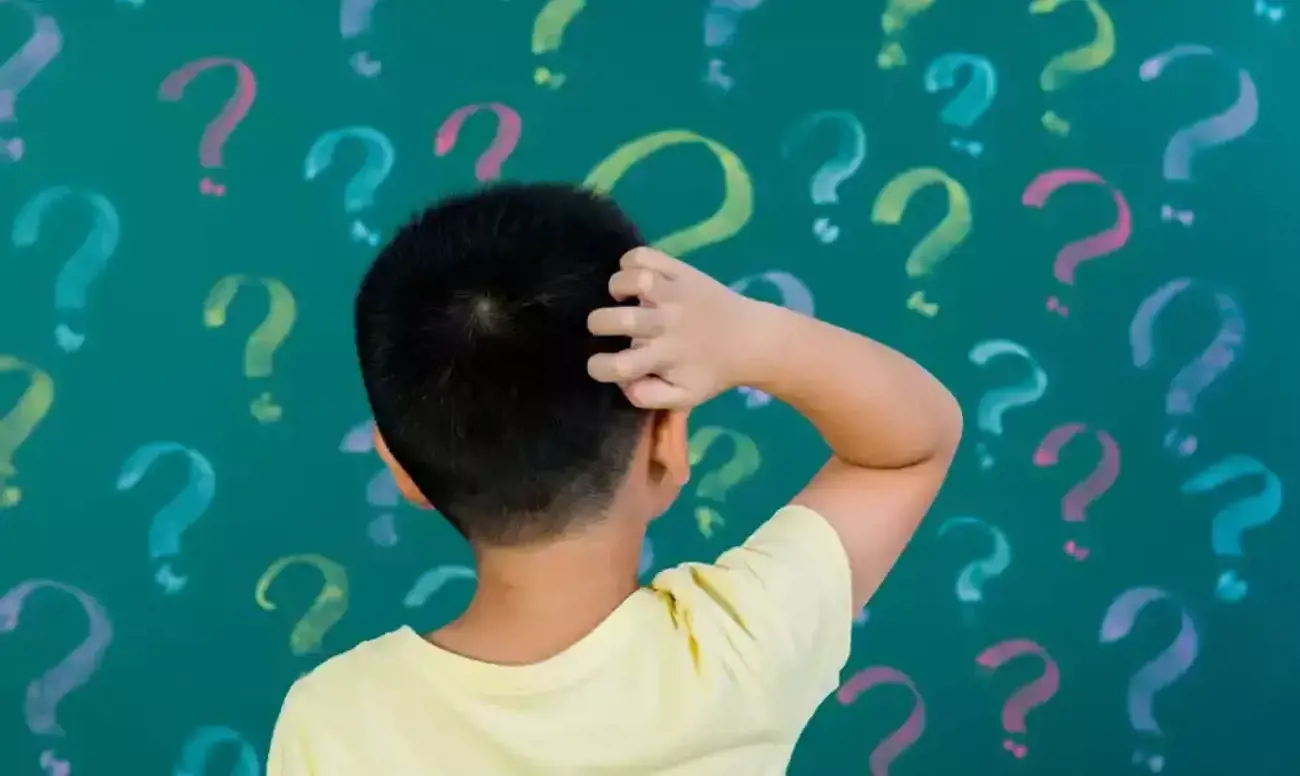In recent months, lots of families gained first-hand experience with home-schooling. Parents became teachers during home isolation and although we did our best to follow the school curriculum with online learning, it seems that many of our children got a taste of unschooling, too.
In simplest terms, ‘unschooling’ is an educational approach that puts children in charge of their learning, based on what interests them at the time.
Rebecca English and Karleen Gribble are two academics who see the benefits of unschooling, and they say that any time your child, ‘Alternated their schoolwork with other study based on their needs and interests [during home isolation] they were unschooling.’
This means that if your child decided to measure out the ingredients for cupcakes or watch a wildlife documentary, then they were thinking outside their teacher-directed lessons and practising unschooling.
For some families, unschooling goes much further than this, so let’s explore the learning approach in more detail and see what’s involved when families take children out of the classroom and unschool full-time.
What is the thinking behind unschooling?
Not to be confused with ‘no schooling,’ unschooling is an educational philosophy that came about in the 1960s, and it rests on the idea that children learn through living and are in charge of their own education.
Instead of following teacher-led lessons, unschooled children are given the freedom to choose their learning direction and follow their interests, which Ms English and Ms Gribble say can include play, household jobs, personal interests, travel, books, elective classes, mentors and social interactions.
Children follow their curiosity and learn in their own way, and this calm, individualised approach to education can be of particular benefit to gifted and talented children, those with autism spectrum disorder (ASD) or attention deficit hyperactivity disorder (ADHD), and children who’ve struggled at school for another reason, such as bullying.
What role do parents play in unschooling children?
Although parents aren’t conducting set lessons like a teacher would, they’re still invested in their child’s education. Mums and dads are focused on providing stimulating environments and access to resources, and they support their child’s interests and associated learning to meet their educational goals.
Ms English says that unschooling parents expose, ‘Their children to as many opportunities as they can, and [let] them decide how they can approach their learning.’
They understand that children learn from life activities, and as needed, parents enrich educational moments with conversation or direct their children to other sources (e.g. by helping them look up the answer to a question).
One unschooling mum explains that it does take a bit more creativity and effort to pay attention, foster her children’s interests and take them places that will spark their curiosity, but for her family, the benefits far outweigh the effort.
What happens during a day of unschooling?
Instead of running through English, Maths and Science classes at specific times, unschooling days are shaped by the child’s interests and family activities.
As an example, Ms English and Ms Gribble say that an interest in dinosaurs could prompt a child to:
- Read books and write stories about dinosaurs (Literacy)
- Measure the size of lizards and compare them to dinosaurs (Numeracy)
- Explore how dinosaurs became extinct (Science)
- Think about ways that dinosaurs have influenced our culture (Humanities and Social Sciences)
- Watch Ice Age 3 to see how dinosaurs are represented in movies (the Arts)
- Talk about dinosaurs with other children and their parents (Communication and Critical-thinking)
The academics say that domestic activities, like cooking, cleaning, gardening and shopping can also be educational opportunities, and when left to their own devices, children discover new interests and activities.
How does unschooling work in terms of curriculum and assessment?
All homeschoolers in Australia have to follow their state’s curriculum, but they can use different teaching models.
Homeschooling parents need to develop a plan of their approach and show that it will meet their child’s individual learning needs, and Ms English and Ms Gribble say, ‘It’s entirely possible to unschool and still meet the government curriculum requirements.’
Although unschooling might not involve formal written work, the academics explain that assessment is done on a daily basis, with parents observing their child’s experiences. Some parents record learning experiences with photographs or scrapbooks, and others record their child’s experiences weekly and think about how they fit into the curriculum.
Later on, unschoolers can do formal assessments to embark on certificated careers, get into university or go to TAFE or Open University. And a survey of 75 unschooled adults found that unschooling was, ‘Far more advantageous than disadvantageous in their pursuits of higher education, desired careers and other meaningful life experience.’
Dedicated unschooling isn’t for everyone, but there are numerous families across Australia who’ve seen the benefits of this child-led approach to learning, and your own child may have been doing a lot more unschooling recently than you realised!
In any event, there’s much to be gained when children think outside the square, ignite their curiosity, ask questions and follow their interests.


































